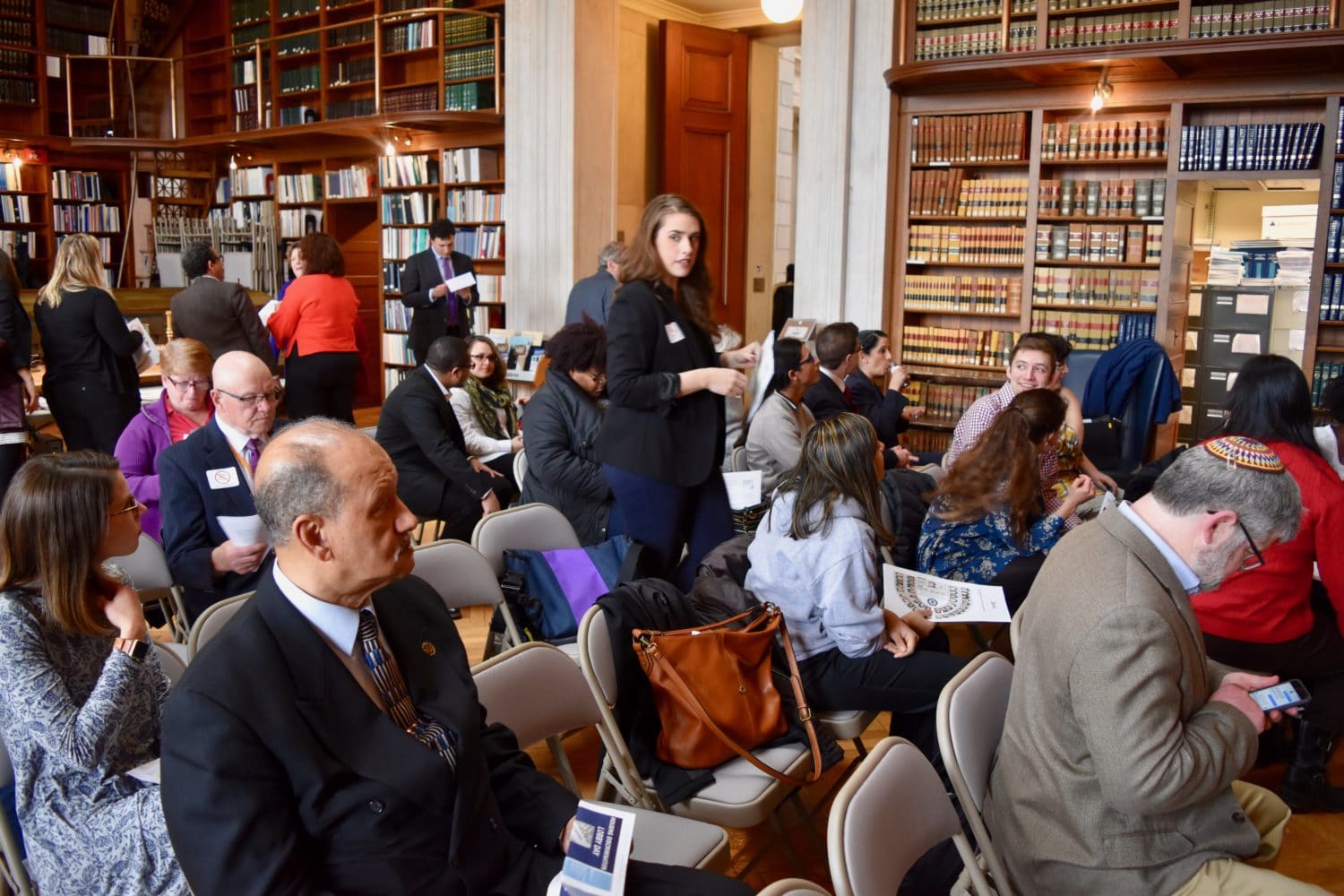Ending housing discrimination based on source of income
With the list of people in need of housing assistance vouchers growing every day, it is important that landlords not discriminate against those receiving vouchers when it comes to renting apartments. The federal Housing Choice Voucher Program (HCVP) known as “Section 8,” allows recipients to pay 30 percent of their income for rent, the rest being covered by the voucher.
March 22, 2018, 11:22 pm
By Steve Ahlquist
With the list of people in need of housing assistance vouchers growing every day, it is important that landlords not discriminate against those receiving vouchers when it comes to renting apartments. The federal Housing Choice Voucher Program (HCVP) known as “Section 8,” allows recipients to pay 30 percent of their income for rent, the rest being covered by the voucher. Right now over 20,000 Rhode Island households are on the waiting list for these kind of vouchers. However, some landlords refuse to rent to those with Section 8 vouchers. They even run ads on Craigslist and state, right in the ad, “No Section 8.”
“The source of income bill has become one of our priority bills this year,” said Victoria Strang, director and lead organizer of the Rhode Island Interfaith Coalition to Reduce Poverty. “As some of you may know, I am new to the state, I moved here in October and I can tell you, after having met with people across the state… one of the major issues that I have heard people talk about is lack of affordable housing.”
H7528 and S2301, said Strang, will “open up housing to a lot more low-income Rhode Islanders,” by disallowing landlords from discriminating against tenants with vouchers.
Strang was speaking to some three dozen people in the Rhode Island State House Library ahead of a lobby day effort, where constituents are encouraged to seek out and talk to their state representatives and senators and advocate for legislation.
Rabbi Jeffrey Goldwasser who serves at Temple Sinai in Cranston presented the religious case for fair and affordable housing. “The Talmud proclaims that it is the obligation of the community to provide for a poor person who is financially unable to house his family,” said Goldwasser. “The community, says the Talmud, must rent a house for him, arrange for him a bed.”
“Source of income discrimination is real,” said Stephen Vadnais, executive director of the Pawtucket Housing Authority. “If you look at Craigslist ads, you can see that maybe half the ads say, ‘no Section 8.’ Not only do they say, ‘no Section 8’ it’s how they say ‘no Section 8.’ They say, in bold, ‘No smoking. No pets. No Section 8.‘ To me, that’s really code for discrimination.”
The proposed legislation would not apply to owner-occupied buildings with three or fewer units, and would not prevent landlords from inquiring about a tenant’s income level.
13 states and Washington DC plus 62 counties and municipalities have laws prohibiting discrimination based on source of income. This includes Massachusetts, Connecticut, Maine and Vermont.
Representative Anastasia Williams (Democrat, District 9, Providence) is the sponsor of the House bill.
Senator Harold Metts Democrat, (District 6, Providence) is the sponsor for the Senate bill.
See this Providence Journal piece by Christine Dunn for more information: R.I. bill seeks to end Section 8 stigma
UpriseRI is entirely supported by donations and advertising. Every little bit helps:












